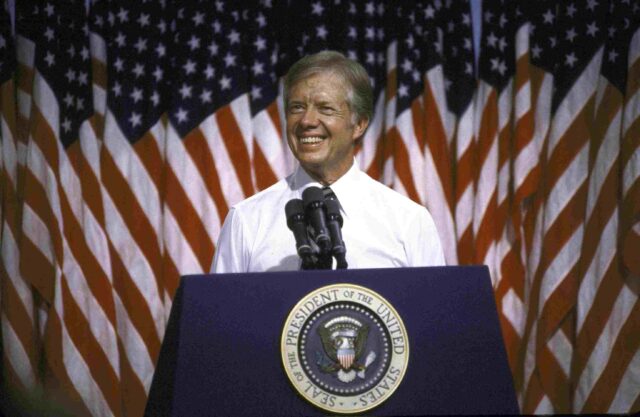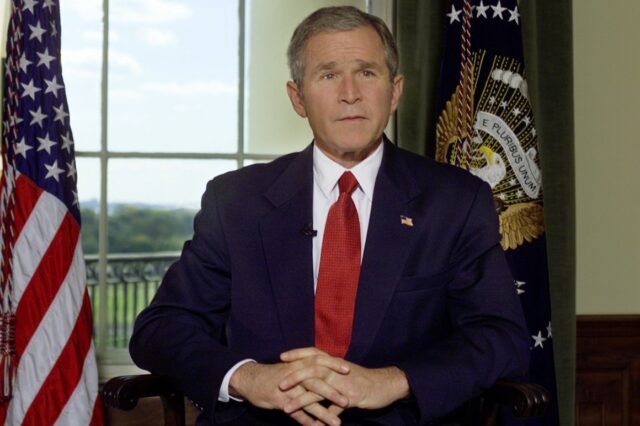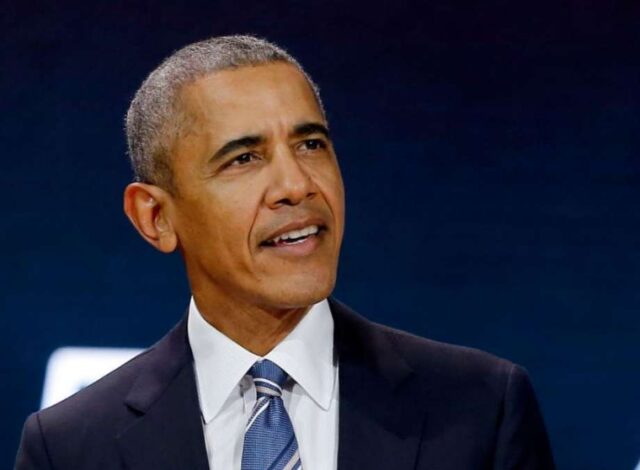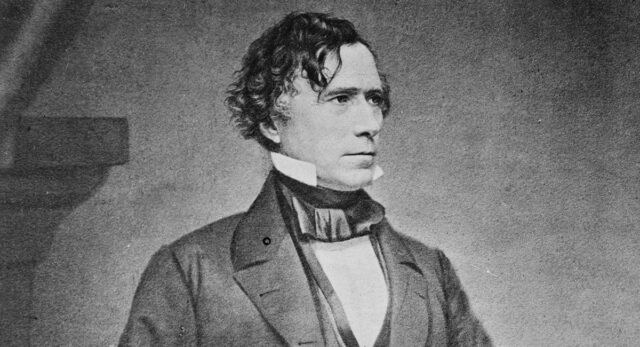
You’ll never find a universally loved US president. But some consistently rank lowest among public polls. While partisanship will always play a role in such decisions, some presidencies were such disasters that it’s hard to argue in favor of them. Below are ten of the most consistent choices for worst US presidents.
10Millard Fillmore (1850-1853)
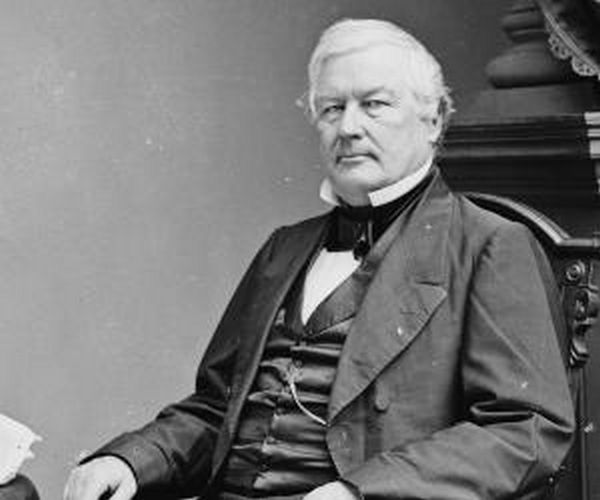
Fillmore was the dying breath of the Whig Party as it broke-up into several smaller, conflicted groups. Though he had the relevant experience, having spent time as a state legislator before being becoming Zachary Taylor’s VP, his infamy comes from endorsing the Fugitive Slave Act, further stoking tensions between North and South.
9Andrew Johnson (1865-1869)
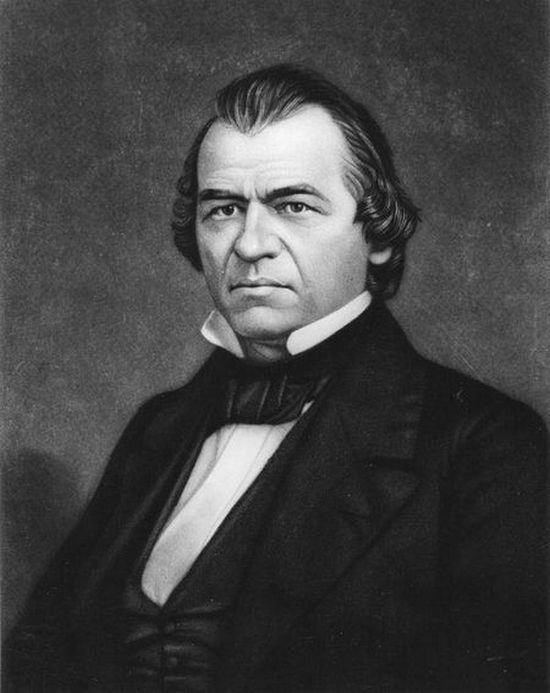
Johnson got the job following Lincoln’s assassination, so it’s reasonable to say he walked into a difficult situation. But as the country was recovering from the devastation of the Civil War, Johnson proved unpopular by opposing the Fourteenth Amendment.
8Richard Nixon (1969-1974)
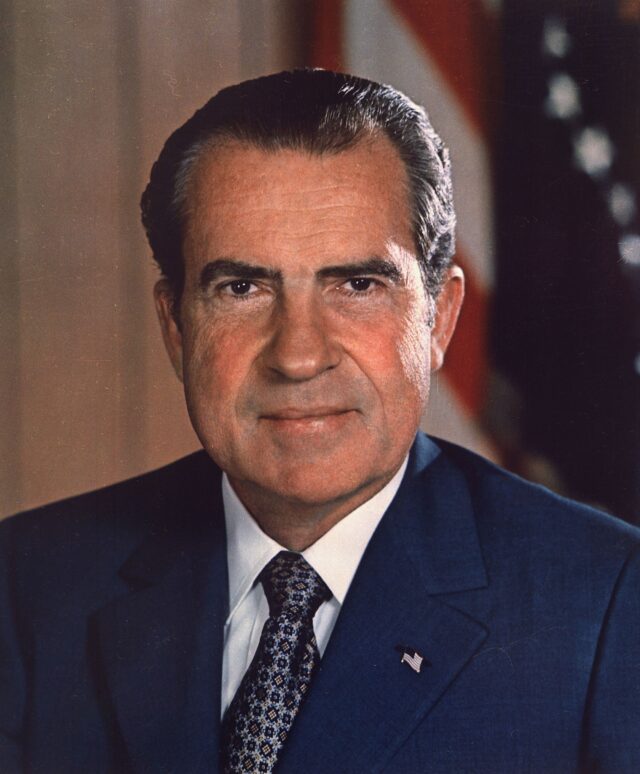
It doesn’t matter what good Nixon accomplished during his presidency (and to be fair, he did quite a few things to please both sides of the aisle). Ultimately his legacy is tied to his resignation in the face of impeachment following the Watergate break-in and cover-up. There’s a reason why we slap the -gate suffix on any misdeed a politician has done since then.
7Ulysses S. Grant (1869-1877)
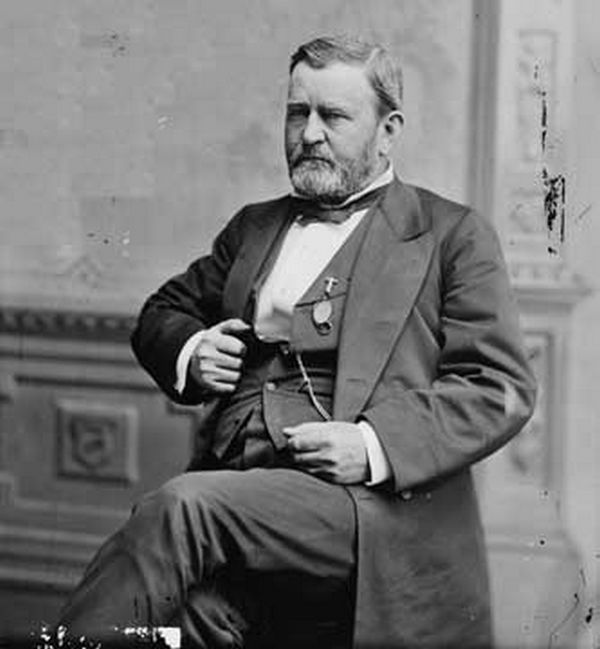
Grant’s reputation has been viewed more favorably in recent decades, but after failing to get the Republican nomination for a third term public perception was much different at the time, ignoring his efforts to strengthen civil rights and focusing instead on the corruption rampant among those associated with him.
6James Buchanan (1857-1861)
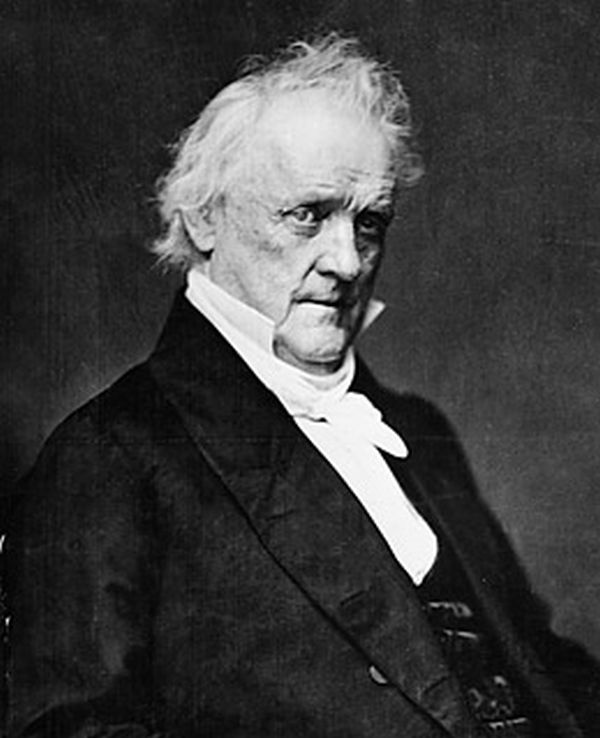
The Civil War broke out under Buchanan’s watch and while it had been building up for some time before Buchanan got the job, he supported the idea that slavery should be a state’s rights issue in the hopes that it would help everyone move forward to focus on what he felt were bigger issues facing the nation.
Needless to say, he was wrong. Some historians believe Buchanan’s stance on slavery was the point of no return in regards to the Civil War.
Though modern candidates will campaign on strong party lines, the reality is that presidents eventually have to make compromises or get stymied by legislators who will oppose them at every turn. This is one of the major issues Carter couldn’t overcome; his refusal to compromise after early successes led to the tides turning against him. In the public eye, he was deemed to be too serious at times and ineffective at others.
W had the misfortune of having the biggest terrorist attack on American soil fall right into his lap, which put him in a “damned if we do, damned if we don’t” situation.
But with the bungled War on Terror and massive dismantling of civil liberties brought about by the Patriot Act, Bush’s legacy isn’t one most are proud of. Even now Republican views of his presidency are highly critical.
It would be unfair to include Bush on this list without mentioning his successor. Mass surveillance continued to grow under his watch.
Moreover, expanded use of drone warfare, which many critics believe leads to more civilian casualties, caused difficulties at home and abroad. What he had hoped to be his legacy, The Affordable Care Act, is still a point of contention from both major political parties.
Franklin Pierce is seen as partially responsible for the mess Buchanan would walk into. As Congress becomes more divided over issues relating to slavery, Pierce did little to control things, instead of acting more as an audience or commentator to the battling groups.
He was quick to criticize what he felt were extremist views from the North but not enough to criticize extremist views from the South, ultimately doing little to try and bring both sides together.
Ford became president after Nixon’s resignation. At a time when the public’s trust was at an all-time low, Ford could choose between rebuilding the relationship between government and its people or sparing Nixon, a man he greatly respected. He chose Nixon, immediately turning the public against him.
Though he felt pardoning Nixon was the proper thing to do it did so much to tarnish his image that it played a major factor in him losing re-election to Carter.

